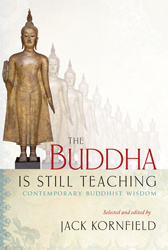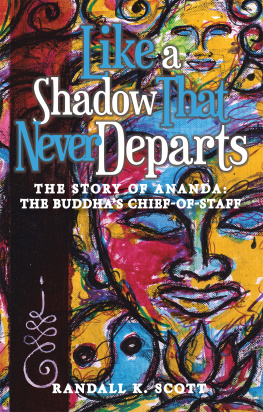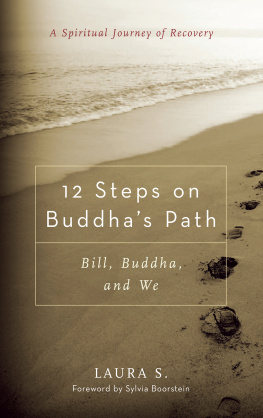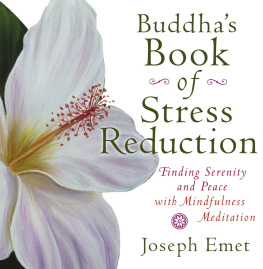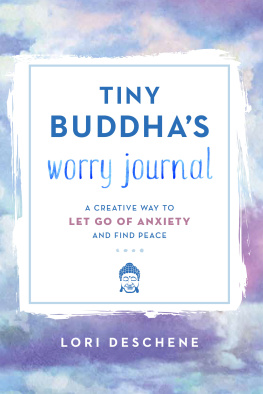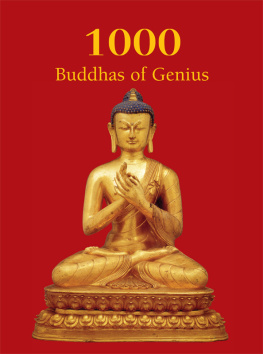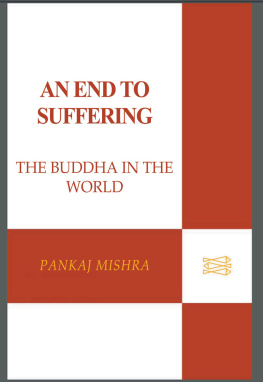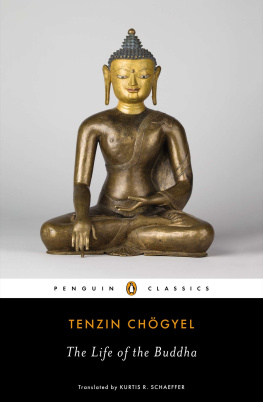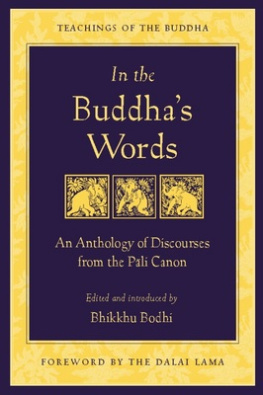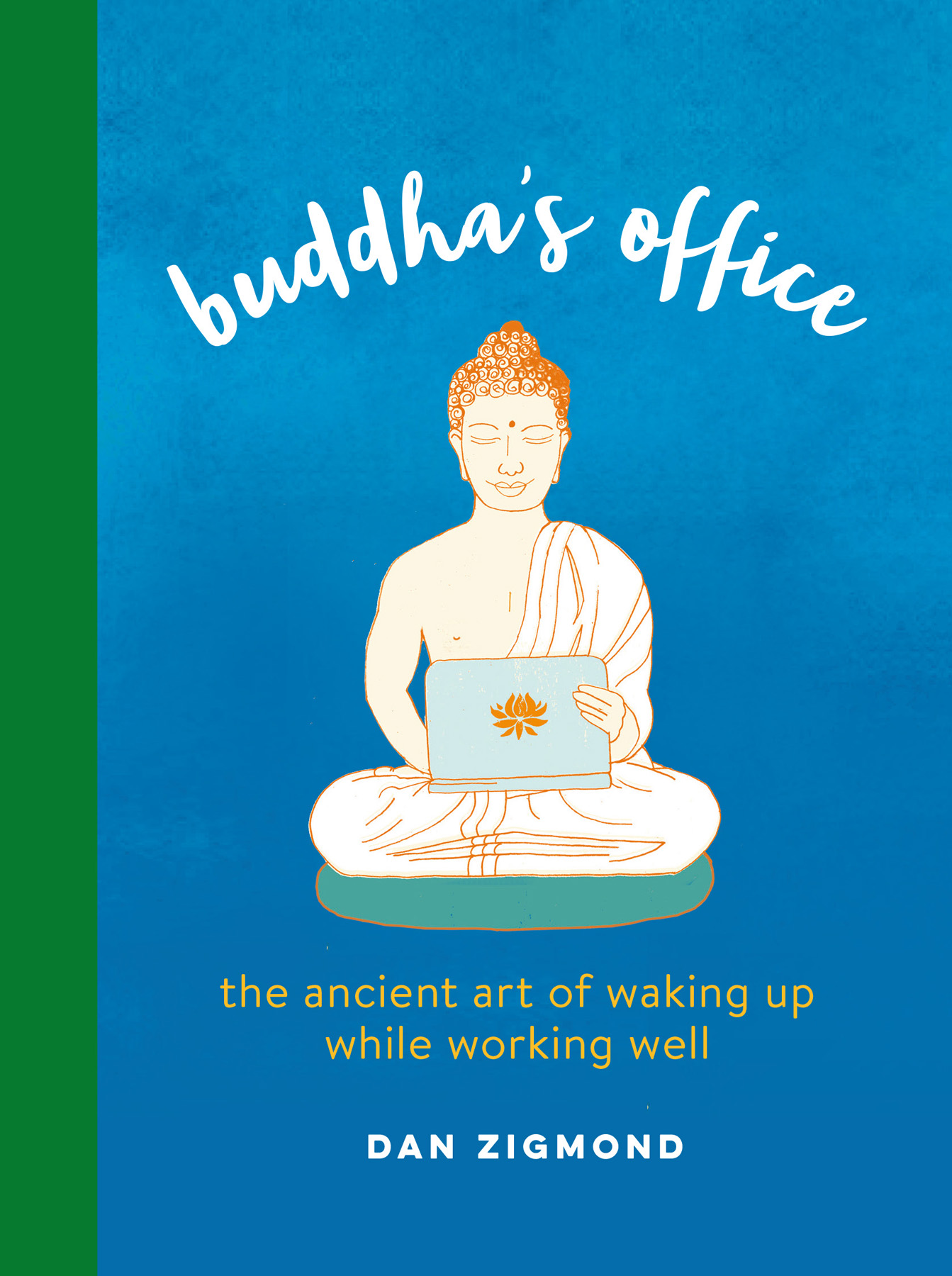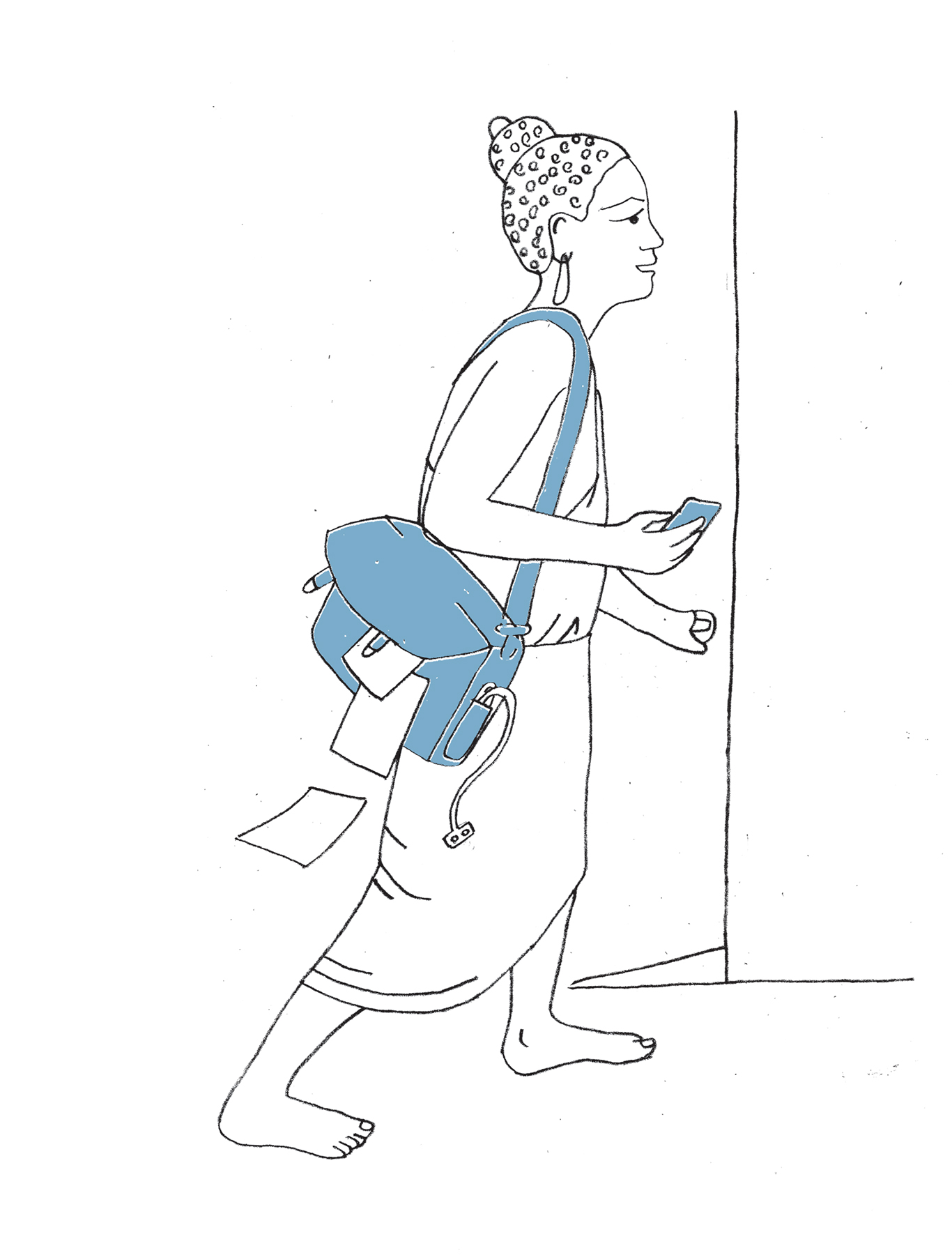Cover copyright 2019 by Hachette Book Group, Inc.
Hachette Book Group supports the right to free expression and the value of copyright. The purpose of copyright is to encourage writers and artists to produce the creative works that enrich our culture.
The scanning, uploading, and distribution of this book without permission is a theft of the authors intellectual property. If you would like permission to use material from the book (other than for review purposes), please contact permissions@hbgusa.com. Thank you for your support of the authors rights.
Published by Running Press, an imprint of Perseus Books, LLC, a subsidiary of Hachette Book Group, Inc. The Running Press name and logo is a trademark of the Hachette Book Group.
The Hachette Speakers Bureau provides a wide range of authors for speaking events. To find out more, go to www.hachettespeakersbureau.com or call (866) 376-6591.
The publisher is not responsible for websites (or their content) that are not owned by the publisher.
BUDDHA NEVER WORKED A DAY IN HIS LIFE. HE WAS BORN about 2,500 years ago, grew up a pampered prince in ancient India, left those riches behind to become a wandering monk, and ended his life as a revered spiritual teacherall without ever earning a salary. Its not clear that he ever even handled money, and he forbade his closest followers from doing so.
So why would anyone want to know what a freeloader like that had to say about work?
Lets start by backing up a bit. A few people today still follow the Buddhas literal example and renounce worldly possessions, living their lives as full-time monastics. In fact, probably more do than you thinkestimates range from a few hundred thousand to a million or more worldwide. But if youre reading this book, Ill bet youre not one of them. You have not chosen to spend your life cloistered in a temple or monastery, let alone wandering the rural countryside of some far-off land without a fixed address. Neither have I. For better or worse, most of us today do not live as Buddha and his core disciples did. One way or the other, most of us spend much of our adult lives working.
Some of us basically hate it. Its a rare treat these days to find anyone who truly loves their work. Too many are working long hours at jobs they cant stand. The lucky ones look forward to the weekend, when they can have two days of their real life back. But many in high-stress careers dont even do that, grinding through their Saturdays and Sundays, barely slowing their pace, charging toward some hoped-for early retirement or other future reward. Most Americans dont even take all the vacation theyre allowed.
Those lucky few who do love their jobs often have their own frustrations. Maybe its nonstop stress or lack of resources or miserable behavior by colleagues or clients. Or maybe work is fine, but you just wish there was a little less of it. It seems that everyone with a demanding career laments their work-life balance. Does anyone really enjoy answering emails and texts at all hours? And all of us who are racing and striving like this may be in for a surprise. A study in 2016 found that work-related stress was the fifth-largest cause of the death in the United States..)
It doesnt have to be this way. And Buddha knew this, 2,500 years ago, without ever setting foot in an office.
When Buddha had his great awakeningwhen he literally became the Buddha, which means the Awakened Onehe listed right livelihood among the eight keys to an enlightened life. He knew somehow that work was important, and that working right was essential. As he traveled through ancient India, spreading the word about his newfound path of spiritual liberation, he preached not only to other wandering monks like himself (and eventually nuns), but also to those he called householders, who he encouraged to follow his teachings while remaining in the workaday world. Even two-plus millennia ago, Buddha understood that most of us would spend much of our waking lives working, and would have to find our enlightenment there.
Buddha was raised among the privileged 1 percent of his day and became an honored guest of kings and queens, but he was also surrounded by subsistence farmers, artisans, and small-scale merchants who struggled to survive. The Buddhist scriptures, usually called the sutras, refer to dozens of professions already practiced in Buddhas time, and his audiences included everyone from royalty to slaves. For most people hearing the Buddhas words, work was a necessary and central part of their daily lives. He couldnt ignore it then, any more than we can ignore it now. Enlightenment was not something just for full-time monastics, so Buddha knew that helping ordinary people work right was essential to helping them find their own path of awakening.
Thats what this book is about: how to make our work not just another distraction, but an integral part of truly waking up.
This book will help you understand why Buddhaa guy who never held a jobchose to elevate right livelihood to such importance. More importantly, well explore how to find a way of working thats right in every sense of that word: right for you, right for your health, right for your sanity, and right for the world.
Buddhas teachings are not complicated. He laid them all out in his very first sermon in about 700 wordsabout as many as youve already read in this book so far! Most of them come down to basic principles, like honesty and balance, that help us pay closer attention to the world. But applying those simple teachings to the complexities of daily life can be quite a bit trickier. As Buddha elaborated on these concepts over the years, his teachings ballooned to about 20,00080,000 pages, depending on whos counting.
Despite his complete lack of job experience, Buddha actually had a lot to say about work in all those later sermons. Some of his admonitions were both specific and unsurprising. (He suggested that we avoid careers in weapons, human trafficking, and drugs, for example.) But once you start pulling on even those simple threads, its easy to unravel the whole sweater. When Buddha says to avoid business in intoxicants and poison, what does he really mean? I spent years working at Instagram and Facebook. Are those online platforms intoxicants? Are they even poison? I suppose some people would say so, although I disagree. Should we consider television an intoxicant? What about video games? Are coal miners trafficking in poison? Or car manufacturers? Some people talk about sugar as a poisonso are ice cream shops forbidden? Thats a depressing thought.


